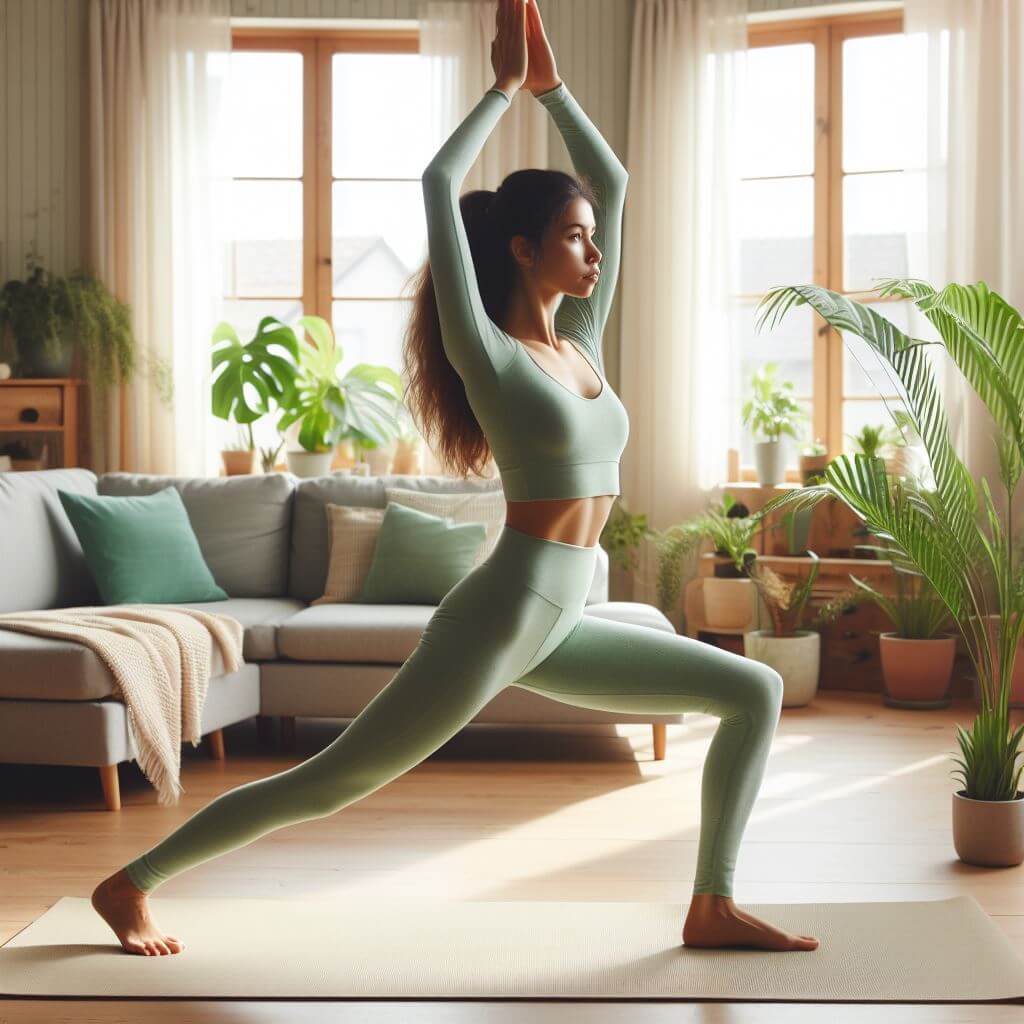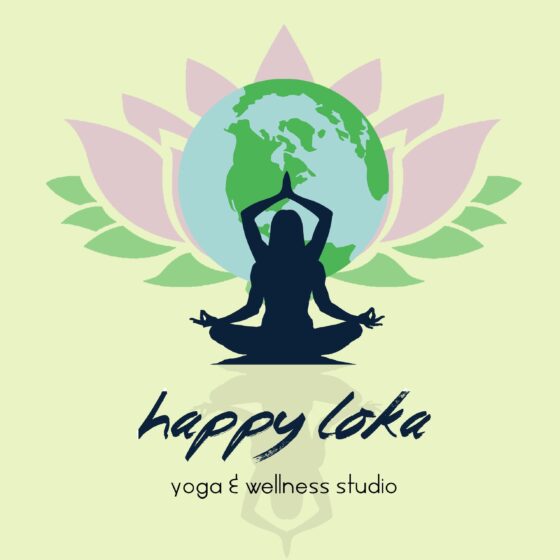At the heart of hatha yoga is balance, a gentle reminder that balance is key in every aspect of our lives. The term itself combines two vital energies – the sun (Ha), which symbolizes action and warmth, and the moon (Tha), which represents calm and coolness. This blend aims to harmonize our active and passive natures, creating a unified state of being that benefits both our physical body and mental state.
When delving into hatha yoga, each class begins with breathing techniques known as pranayama. This initial step is crucial because it sets the tone, calms the mind, and prepares the body for the physical activity to come. It is like laying the foundation before building; the better the foundation, the stronger and more stable the building. In the same way, proper breathing sets the stage for a more effective and beneficial yoga practice.
Breathing exercises are followed by asanas and yoga poses. They range in difficulty from simple stretches that anyone can try to poses that require more flexibility, balance, and concentration. This variability allows hatha yoga to be extremely inclusive, catering to both beginners and advanced practitioners. Each pose is a step toward better health: physically making the body stronger and more agile, and mentally encouraging focus, patience, and self-awareness.
 The last component of a Hatha yoga session is relaxation when the body gets a chance to absorb the positive effects of the practice. It’s not just time to sleep; it’s a conscious, mindful form of relaxation that helps combine the physical and mental benefits of yoga. It is an important pause that offers space for reflection, evaluation, and a deeper connection with the inner self.
The last component of a Hatha yoga session is relaxation when the body gets a chance to absorb the positive effects of the practice. It’s not just time to sleep; it’s a conscious, mindful form of relaxation that helps combine the physical and mental benefits of yoga. It is an important pause that offers space for reflection, evaluation, and a deeper connection with the inner self.
Benefits of Regular Classes
Making hatha yoga a regular part of your routine can unlock numerous health and wellness benefits that go far beyond the sense of relaxation you may experience after a single session. Over time, people who practice hatha yoga consistently report profound changes in various aspects of their lives.
Physically, the benefits are very diverse. Increased flexibility is one of the most noticeable effects, helping to reduce the risk of injury by making muscles and joints more elastic. Strength is another important benefit, as many yoga poses require you to support your body weight in various positions, which can gradually increase muscle tone and endurance. Improved posture is also a common result, as hatha yoga promotes body awareness and strengthens the core muscles that support the spine. In addition, an emphasis on deep, controlled breathing improves lung volume and overall circulation, which supports heart health and efficient delivery of oxygen and nutrients to cells.
The benefits of hatha yoga go far beyond tangible physical improvements. On a mental and emotional level, regular practitioners often report significant reductions in stress and anxiety. Part of the reason for this is that the practice encourages a focus on the present moment, distracting from past regrets or future worries. The meditative aspects of hatha yoga, combined with controlled breathing, help calm the mind and can lead to better mental clarity and focus. Many believe that this heightened state of mental focus and reduced stress levels help improve sleep patterns, allowing for deeper, more restful sleep.
Another less discussed but less valuable benefit is the development of mindfulness and increased emotional balance. By learning to focus on breathing and movement, people often become more attuned to bodily sensations and emotions. This increased self-awareness can lead to better self-regulation, allowing practitioners to manage emotional responses more effectively. It’s not uncommon for regular yoga practitioners to notice a decrease in emotional reactivity, finding themselves more patient, focused, and resilient in the face of life’s inevitable ups and downs.
Getting Started with Hatha Yoga
Beginning a hatha yoga practice is an engaging and accessible wellness adventure that doesn’t require special equipment, an expensive gym membership, or a certain fitness level. Instead, it opens its doors to people from all walks of life, regardless of age or fitness, making it a universal form of exercise and mental training.
For those new to hatha yoga, the journey begins with letting go of any preconceived notions about having to be super flexible or strong to participate. The beauty of yoga is its adaptability; each pose can be modified to suit the practitioner’s unique abilities and limitations. This flexibility in approach ensures that everyone, from complete beginners to more experienced practitioners, can benefit from the practice from the very first session.
Finding a qualified instructor or joining a beginner class can greatly improve your initial experience. A knowledgeable teacher can guide proper posture and breathing techniques, making sure each pose is performed safely and effectively. This early investment in learning proper form is invaluable as it lays a solid foundation for your practice, helping to prevent injury and maximize the benefits of each session.
Starting with guided classes can create a sense of community and support, which often motivates beginners. Being in a classroom with others who are at the same level or have gone through the same learning process can be encouraging and inspiring. In addition, many instructors incorporate elements of yoga philosophy and mindfulness into their teaching, enriching the physical practice with a mental and emotional depth that may not be found when practicing alone.
As you dig deeper into the basics, you’ll find that hatha yoga offers a versatile practice that can be adapted to your changing needs and circumstances. Whether it’s a full session at a studio, a short session at home, or even a few minutes of focused breathing and stretching at your desk, the principles of hatha yoga can be applied across the spectrum of everyday life. This adaptability makes it more than just a workout, but a lifestyle choice that promotes overall well-being.
